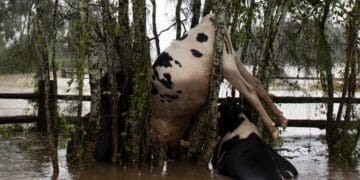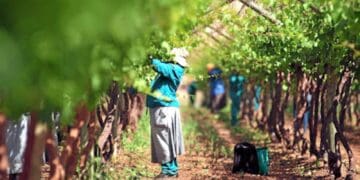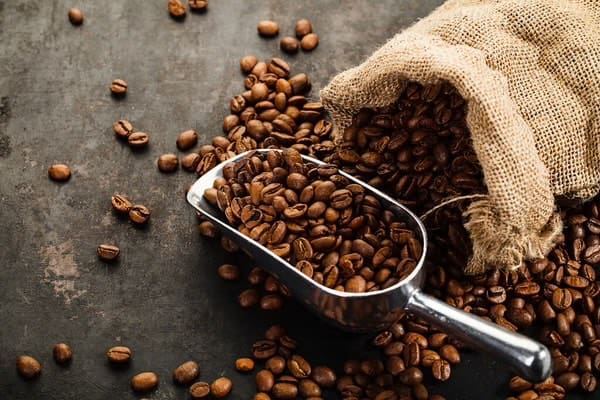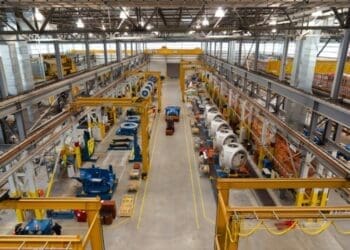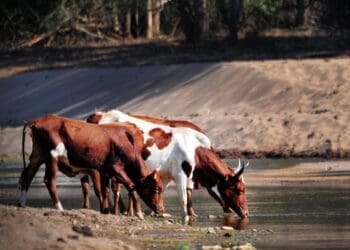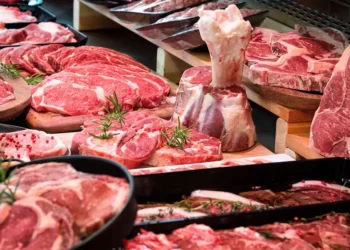South Africa’s small coffee roasters are facing one of their toughest seasons yet as global coffee prices surge to levels not seen in years – driven by climate disruptions in Brazil and Vietnam.
For township roasters and micro-businesses that form part of the growing lifestyle economy, the cost shocks are cutting deep into already narrow margins.
According to the International Coffee Organisation, global arabica prices rose by more than 30% in the past year, after drought and frost damaged crops in Brazil, the world’s largest producer.
Vietnam, a leading supplier of robusta beans, also recorded lower yields due to erratic rainfall. With South Africa importing most of its beans from these two markets, the ripple effects are unavoidable.
For large commercial roasters and franchise brands, higher prices are a challenge but manageable thanks to bulk contracts and hedging strategies.
For small township roasters who often buy beans in smaller consignments from local distributors, the surge is devastating. They have little bargaining power and no buffer against global shocks.
In Soweto, 29-year-old roaster Kabelo Mokoena said he has watched the price of green arabica beans climb from R75 per kilogram last year to over R100 per kilogram this winter.
“I started this business because people in the township love good coffee, but now I am forced to either increase prices and lose customers or sell at a loss. Some months I make less than R3000 profit after expenses, which is not sustainable,” he told Vutivi News.
In Maboneng, a trendy Johannesburg hub where independent coffee shops thrive, small roasters are facing the same pressures.
Lerato Dlamini, who runs a micro-roastery that supplies both local cafés and direct customers, said her monthly bean costs have almost doubled since early 2023.
“I used to pay around R10,000 for beans. Now it is closer to R18,000. The cafés I supply are resisting price hikes, so I am absorbing much of the increase. If this continues, I do not know how long I can keep going,” she explained.
To cope, some roasters are experimenting with blends of cheaper robusta beans, which are more bitter but cost about 40% less than arabica. Others are shrinking packaging sizes to keep prices attractive for customers who are already under pressure from food inflation.
But these strategies come with risks: diluting quality may drive away loyal buyers, while smaller packs reduce turnover.
The stakes are high because small roasters are not just about coffee; they represent part of a township lifestyle economy that supports jobs, small cafés and suppliers.
South Africa has seen a steady rise in micro-roasters over the past five years, many of them youth- or women-led, but global volatility now threatens to undo those gains.
There is also a wider concern that global supply chain shocks consistently favour big corporates at the expense of small enterprises.
Without access to collective buying schemes, subsidised import tariffs, or financial support to cushion against price surges, township roasters risk being forced out of the market.
Despite the difficulties, roasters like Mokoena remain determined.
“I am not giving up because people here love the culture we are building around coffee. But if the costs keep rising small businesses like mine will disappear. Then only the big brands will remain,” he said.
For entrepreneurs who have invested their savings into roasting machines and branding, the battle to survive has never been more bitter.














